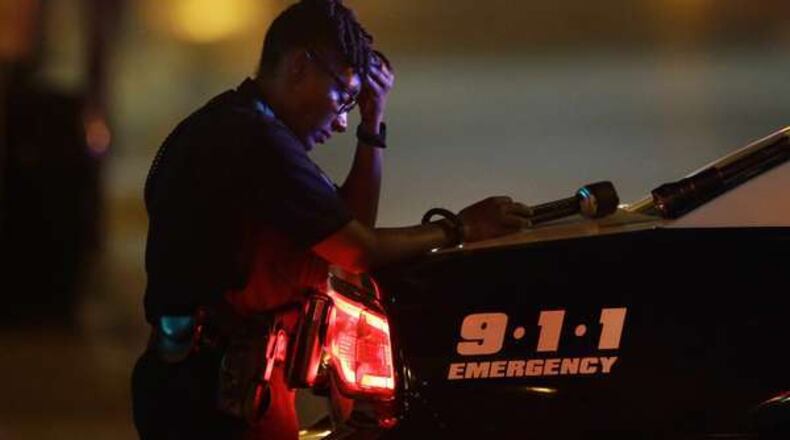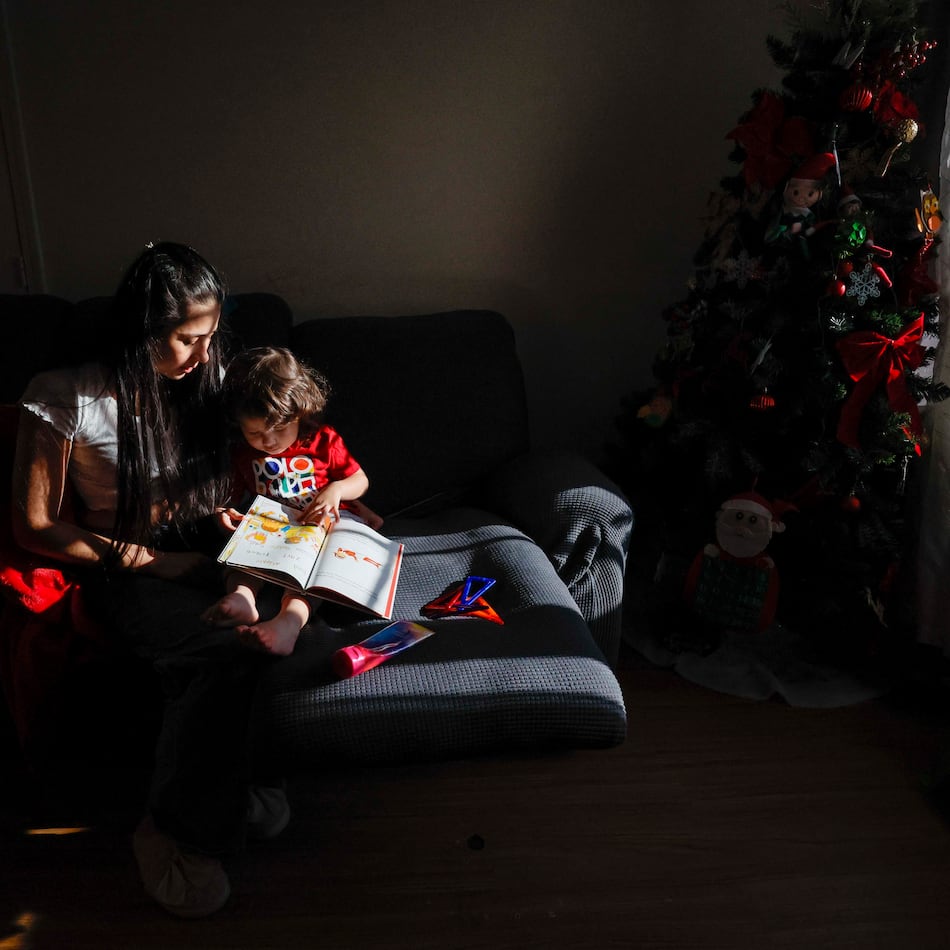With news available around the clock, people have access to more information than ever. In most cases, that's a good thing. But when traumatic events occur, such as the recent police-related shootings in Tulsa, Oklahoma and Charlotte, North Carolina it can lead to anxiety, depression and feelings of helplessness or anger. Here's what you should do when these types of events start to take a toll on your mental health.
Limit your media exposure.
It's good to stay informed, but accessing news constantly throughout the day can increase the level of stress you're experiencing. Check in periodically, but take some media breaks. You'll still find out what you need to know, but you won't be overwhelmed by images of devastating events every waking hour. You can also turn off the autoplay on your Facebook, Instagram and Twitter accounts for less exposure.
Reach out to others.
It can help to talk about your emotions with others who can empathize. Pain is different for each of us, depending on factors such as our ethnicity and experiences, but we should honor each other's pain, Dr. Laura Shannonhouse, assistant professor in the Department of Counseling and Psychological Services at Georgia State University, told the Atlanta Journal-Constitution.
Take positive action.
It's common to feel immobilized and mad, Shannonhouse said, but tragic events can help spur positive actions. "'What are you going to do with your anger?' is a good question to ask ourselves," she said, pointing out that anger is a powerful motivator that can be used for good. "There's a good bit of research that shows that when we're helpful to others, we're also being helpful to ourselves," she added.
For example, the shootings in Baton Rouge, Dallas and Falcon Heights may lead you to make a donation to victim funds or advocacy groups, become politically active, join a house of worship or engage in community service. Taking these types of actions can be a good way to avoid feeling helpless.
Take care of yourself.
Don't turn to drugs or alcohol, and don't stay up late watching and reading the latest developments and missing out on sleep. Follow your regular routine when it comes to meals, exercise and other activities that contribute to your well-being. Distracting yourself with enjoyable activities such as exercise or hobbies can also help. If you have trouble sleeping, meditation, yoga and deep-breathing exercises can help.
Talk to your kids.
If you have children who are aware of the recent shootings, talk to them about it. You can start by asking if they've heard about what's happened or, more broadly, if they're worried about anything. You don't need to go into a large amount of detail with very young children, but make sure they know they can talk to you and ask questions about what they see and hear. If you have older children who are interested in what's happened, watch or read the news with them (in moderation) so you can talk about it together.
Get professional help if you need it.
If your feelings of anxiety or depression persist and interfere with your ability to function as you normally do, you should reach out for help. Your primary care physician or the United Way of Greater Atlanta can refer you to a counselor.
About the Author
The Latest
Featured


